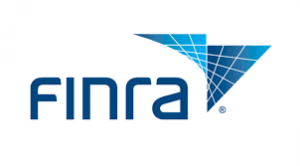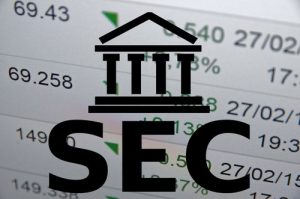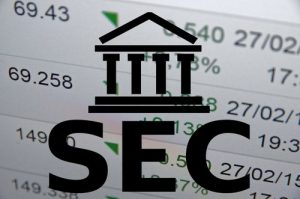
FINRA’s Office of Hearing Officers recently rendered a decision on an issue of first impression in Dep’t of Enforcement v. NYPPEX, LLC, et al., (Disc. Proc. No. 2019064813801). Enforcement charged FINRA member firm, NYPPEX, LLC, its former CEO, Laurence Allen, and its CCO, Michael Schunk, with numerous violations of FINRA rules. The charges stemmed from Respondents’ conduct in the wake of a temporary restraining order issued by a New York state court against Allen. Among other things, the order, obtained at the behest of the Office of the Attorney General for the State of New York (“NYAG”), enjoined Allen from engaging in securities fraud and violating New York’s securities laws. Enforcement took the position that the TRO rendered Allen statutorily disqualified from continued association with a FINRA member firm. Allen could have remained associated with the Firm if it applied for, and received, FINRA’s permission pursuant to FINRA Rule 9520. Allen’s supervisor, Schunk, however, purportedly let Allen continue as an associated person at NYPPEX for over a year without seeking a waiver from FINRA.
FINRA’s disciplinary proceeding was triggered by the ex parte TRO. After a two-year investigation, in December 2018, the NYAG commenced an action under Article 23-A of New York’s General Business Law, known as the Martin Act, against Allen and certain others. The NYAG applied on an ex parte basis for preliminary injunctive relief against Allen, NYPPEX Holdings, and others under Section 354 of New York’s General Business Law. The NYAG stated that a preliminary injunction was warranted because of the allegations of fraud and fraudulent practices by Allen and his refusal to produce documents or appear for testimony. In December 2018, the Supreme Court of the State of New York granted the NYAG the relief it sought and issued the TRO without hearing from Allen or NYPPEX. Allan was served with the Order in January 2019 and Schunk learned about it that month as well.
On December 4, 2019, the NYAG filed a complaint in the New York Supreme Court against NYPPEX, Allen and others (Index No. 452378/2019). In February 2020, the New York Supreme Court concluded a five-day hearing and issued a preliminary injunction prohibiting Allen and NYPPEX from, among other things, violating the Martin Act and from “facilitating, allowing or participating in the purchase, sale or transfer of any limited partnership interest in [the fund].” At this point in time, NYPPEX filed an MC-400 Application seeking permission for NYPPEX to remain associated with a disqualified person, Allen. FINRA Enforcement, however, argued that Allen became statutorily disqualified when the TRO was issued in 2018, more than a year before NYPPEX filed the MC-400 Application.
 FINRA Lawyer Blog
FINRA Lawyer Blog







